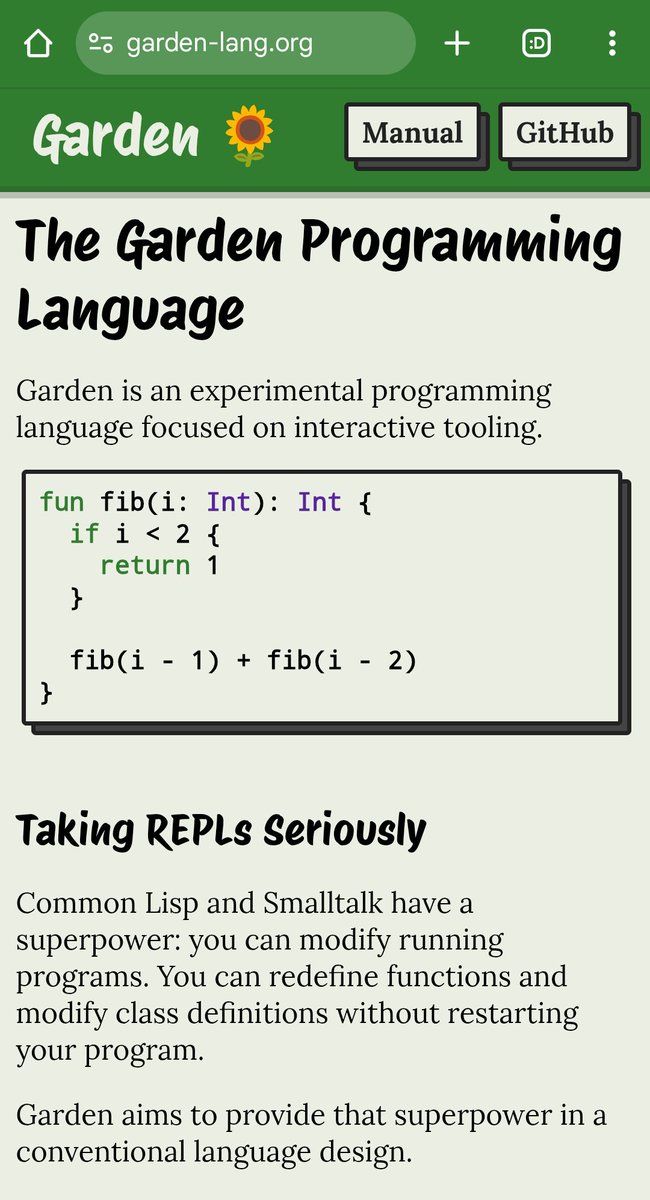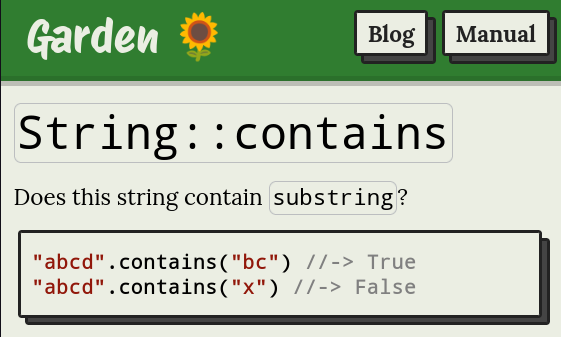
Wilfred Hughes
@_wilfredh
Programming language development, human factors, and a healthy dose of Emacs. Also mastodon.social/@wilfredh and threads.net/@wilfred.hughes
ID: 46255806
http://wilfred.me.uk 10-06-2009 23:23:26
11,11K Tweet
3,3K Followers
2,2K Following




















Today I learnt that Racket intentionally doesn't have a traditional REPL workflow. The authors were concerned about students not understanding the state between the current session and the code on disk. (Arguably Jupyter has some of these features now.) blog.racket-lang.org/2009/03/the-dr…

